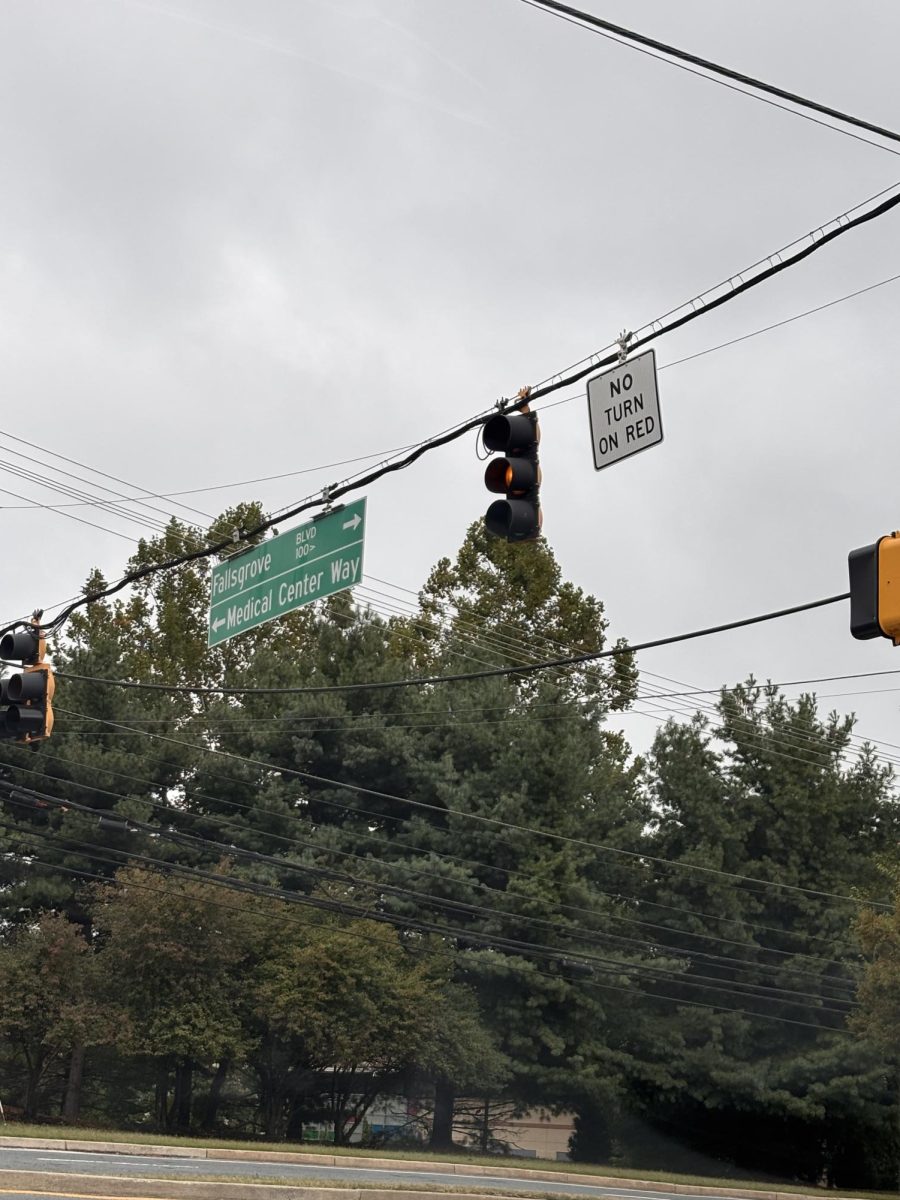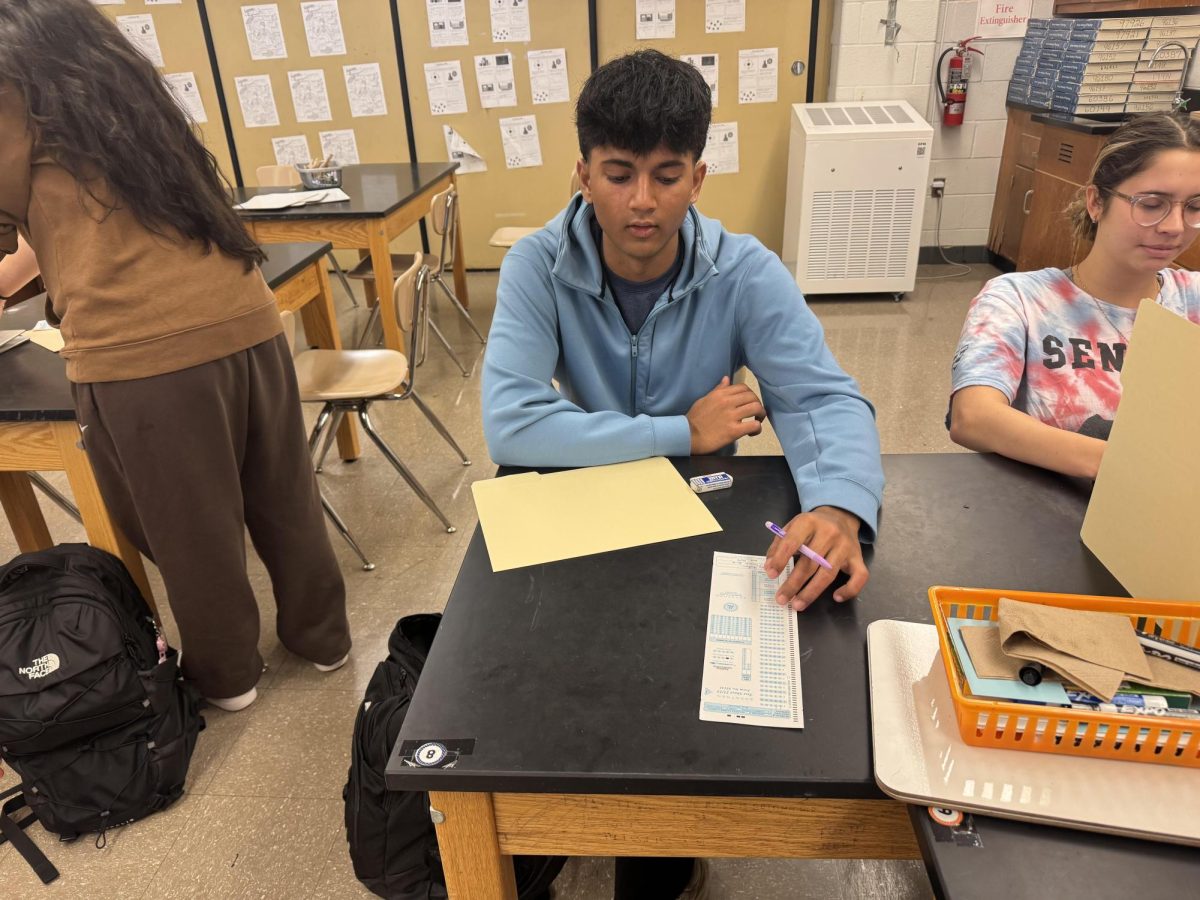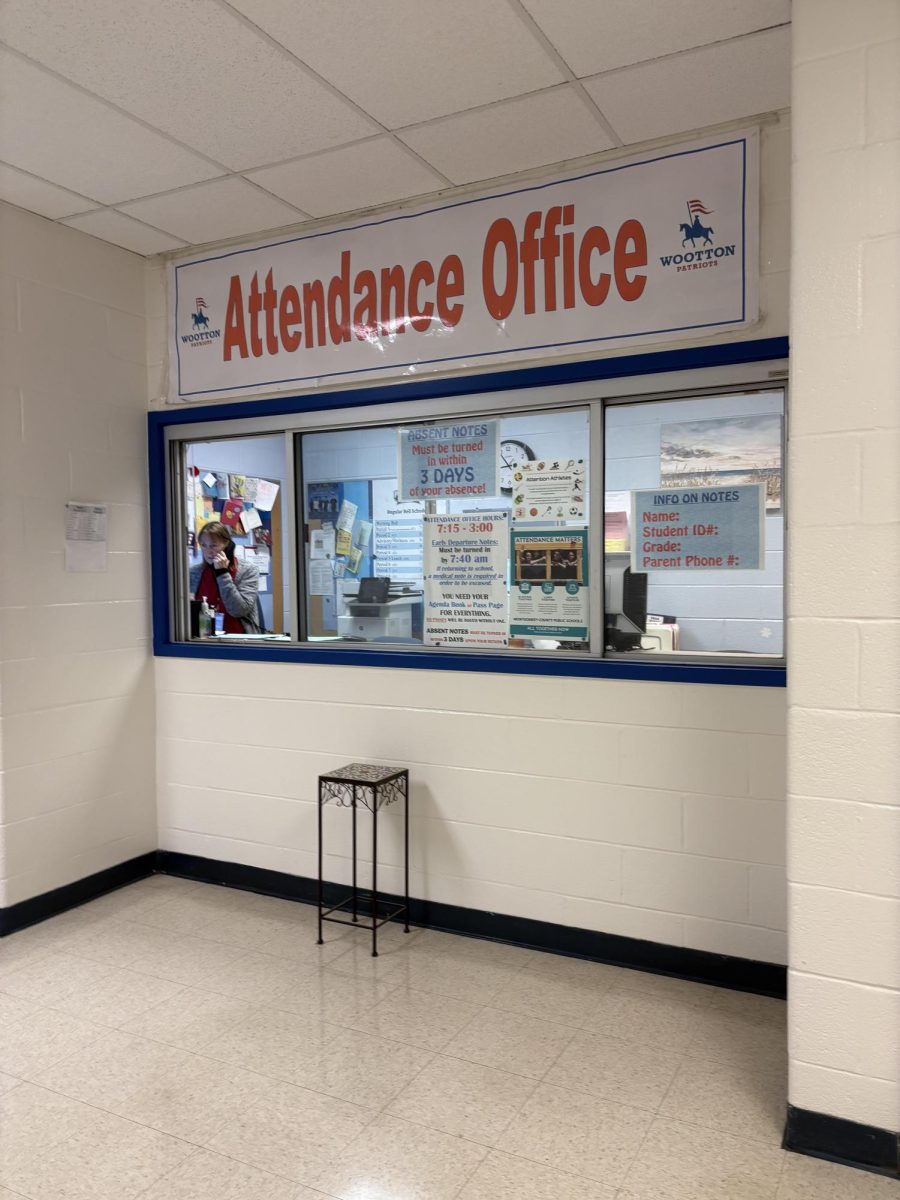Access Denied. That phrase, the phrase that pops up on a school computer when a student tries to access a website restricted by MCPS, holds notoriety among students as one of the worst phrases in the high school setting, right along with the words “failed test,” “pop quiz” and “get out of here you’re expelled.”
Website blocking has had a presence in the school system for as long as the internet has been around and was originally implemented to keep students off of suspect websites. The internet is a dense and dangerous place, so blocking websites was an easy way to make sure that some of the darker corners of the web wouldn’t be able accessible on school grounds. The county’s official policy on website blocking qualifies websites that fall into these specifically named categories as being worthy of denied access: adult/sexually explicit, criminal skills, hacking, drugs/alcohol/tobacco, hate speech, violence and weapons, according to montgomerschoolsmd.org. “There is some stuff that you can find on the internet that definitely shouldn’t be looked up in school, so in keeping people from accessing those kinds of sites website blocking makes sense,” junior Jake Geline said.
However, what began as a way to keep students off of sketchy sites has evolved in recent years into the go-to county method for keeping kids off of games and entertainment websites. Although the county’s official policy on website blocking has not been amended to include such sites, gaming websites, among other child appropriate entertainment sites, have begun receiving the axe right along with the aforementioned, more malicious internet pockets. One example of this is with the game Agar.io, which was highly popular in 2015, today’s seniors’ freshman year. The game, which featured an online realm in which each player was a circle trying to gain mass by absorbing other players/circles, was frequently played by students on the school computers and was obviously seen as a hindrance to the county’s academic efforts and thus was taken down. “I remember I used to play [Agar.io] all the time my freshman year. My friends and I would try to get in the same games and compete against each other, it was so much fun. Coming back to school the next year after summer break and seeing that the county had blocked it was very disappointing,” senior Justin Slud said.
Since Agar.io, there have been other sites that do not fit into any category of the county’s blocking policy that have regardlessly met the unforgiving bludgeon of MCPS’s trigger happy website blocking, the most recent of which being NCAA.com’s March Madness Live. During the early rounds of the March Madness competition, games were played during school hours, causing a major distraction to students who choose to stream the games online during class.
The distraction was severe enough to cause the county to block the website immediately after the first round of play this year. Frustration had already been building amidst students because of the blocking of gaming websites, and the recent blocking of March Madness streaming has caused an even greater tension. “Watching the March Madness games during school is something I look forward to every year, and it’s not like it is a huge distraction that teachers hate; I’ve had classes in the past where the teacher has actually put some of the games up on the board. There is nothing inappropriate about college basketball, and there’s no way that anything in it warrants censorship from the county. MCPS was very much out of line with this one,” senior Humza Mohiuddin said.
Peter Hechler
Managing Editor








